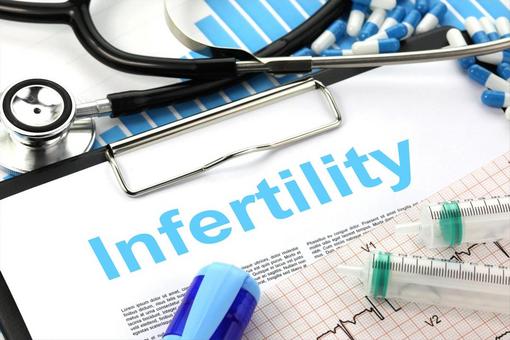Infertility can be an overwhelming journey, marked by emotional, physical, and relational challenges. The uncertainty and stress it brings often leave individuals and couples feeling isolated and alone. Having a strong support system can make a meaningful difference by providing encouragement and practical help along the way. Here’s more information on the need to build a support system during infertility challenges:
What Is Infertility’s Emotional Impact?
Infertility creates a complex web of emotions that many women find difficult to navigate alone. The monthly cycle of hope and disappointment can lead to feelings of isolation and grief. Many women experience a sense of failure or broken identity when their bodies don’t respond as expected.
The emotional impact extends beyond the individual to relationships with partners, family members, and friends. Some women find that infertility changes how they interact with others, especially around topics like pregnancy announcements or family gatherings. The constant focus on fertility can consume mental and emotional energy, making everyday tasks feel more challenging
Why Is It Fundamental?
A well-structured support system provides multiple benefits for women facing fertility challenges. Having reliable emotional support helps reduce stress levels, which can positively impact overall health during treatment. Support systems also provide practical assistance with daily tasks when medical appointments and procedures become time-consuming. Professional support from healthcare providers specializing in fertility adds another layer to a comprehensive support system. These providers offer medical expertise while understanding the emotional complexities of infertility treatment.
How To Build a Network?
Creating an effective support network requires intentional effort and multiple approaches. The following strategies can help build a strong foundation of support:
- Identify trusted family members and friends: Seek individuals who can provide emotional support, listen without judgment, and respect your privacy regarding treatment decisions and timelines.
- Join support groups for women experiencing infertility: These groups offer unique benefits by connecting you with others who share similar experiences and understand the challenges of fertility treatment.
- Engage with online support communities: Online platforms provide 24/7 access to others navigating infertility, offering a sense of connection and understanding during difficult moments.
- Contemplate local in-person support groups: These groups facilitate face-to-face connections and may include professional facilitation to guide discussions and provide resources.
- Utilize professional counseling: Therapists trained in fertility counseling can address the complex emotions of infertility, teach coping strategies, and provide guidance during significant decision-making processes.
By combining these approaches, you can cultivate a robust support network that addresses your emotional and practical needs throughout the infertility treatment process.
How To Balance Support?
While building support is key, maintaining healthy boundaries within your support network is key to protecting your emotional well-being. Not everyone in your life needs detailed information about your fertility journey. Choose carefully who receives updates about treatments and outcomes. Some relationships may need temporary distance if they become sources of stress rather than support.
Clearly communicate your needs to support system members. Let them know whether you want advice, emotional support, or someone to listen. Some friends and family members may not understand how to help, so providing specific guidance makes their support effective. Communicate when you need space or time away from discussing fertility topics.
Request an Infertility Appointment Today
Building a support system during fertility challenges provides fundamental emotional and practical benefits for your journey. Professional medical support, combined with trusted personal relationships and peer connections, creates a comprehensive network to help you navigate this difficult time. For professional guidance for fertility challenges, contact an experienced fertility specialist near you to request an appointment today.



